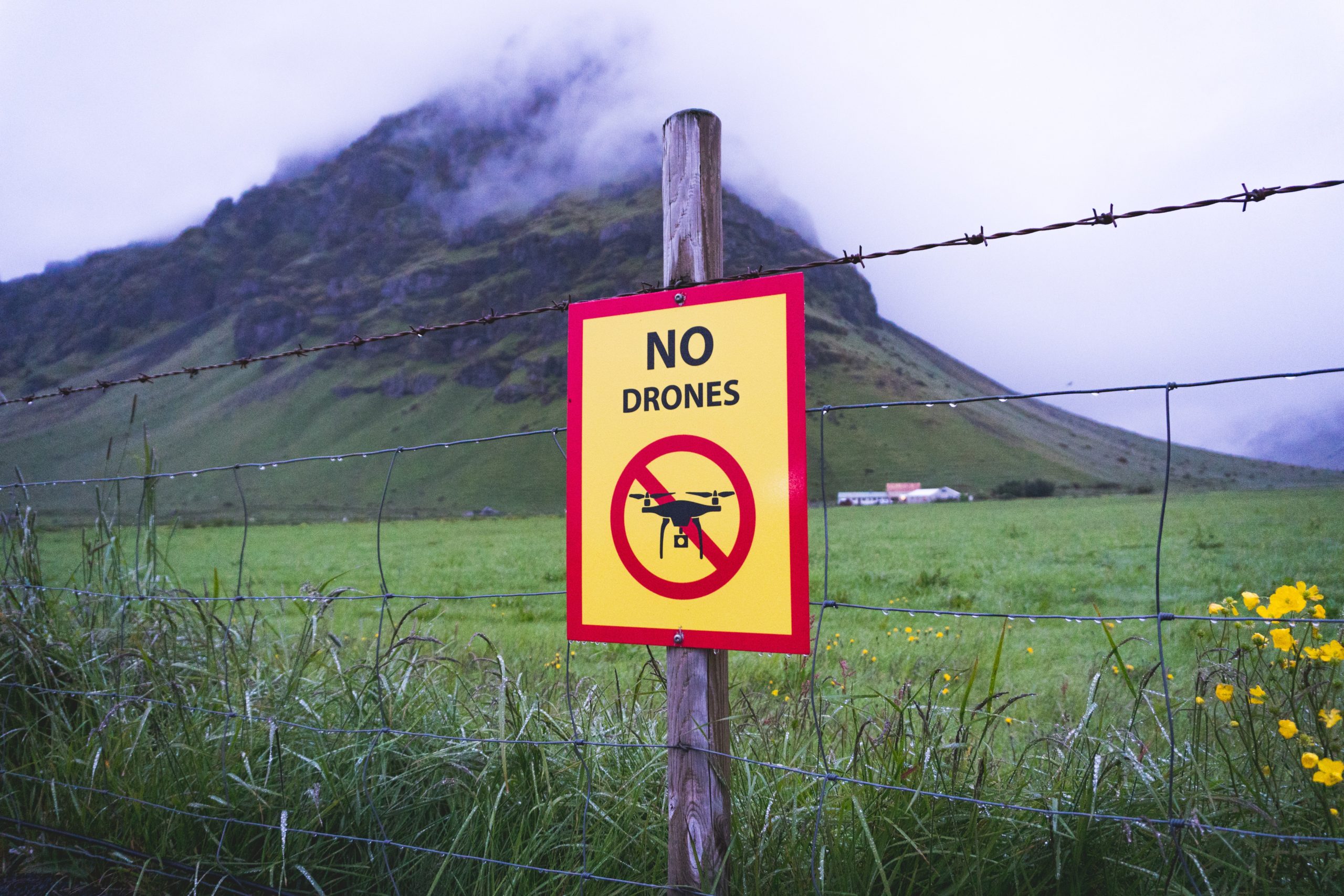On Wednesday 22 February 2023 we held a CIMR Debate to discuss ways to align innovation and regulation. The debate was chaired by Dr Nicola Searle (Senior Lecturer at the Institute for Creative & Cultural Entrepreneurship, Goldsmiths, University of London) and the panel featured practitioners and academics in the field:
- Lecturer Prof Dan Hyde (Professor of Law at Queen Mary University of London and Cyber Business Coach for the University of Cambridge Judge Business School)
- Lecturer Saverio Romeo (Associate Lecturer, Department of Management, Birkbeck, University of London)
- Discussant Dr Olivia Hamlyn (School of Law, Birkbeck, University of London)
The full recording of the workshop is available here.
Overall, Dan Hyde believes that disruptive technology is difficult to legislate. The myriad use- cases and its chameleonic nature means that regulation needs to address every possible use-case and the context of that application. Another complicating factor is the international reach of many tech businesses, meaning that entrepreneurs need to map and appreciate exactly which jurisdictions they’re engaging with and whether they’re at risk as a result. When looking at the current legal treatment of disruptive technology around the world, it becomes clear that there are divergent philosophies and different approaches to regulation that become difficult, if not impossible to reconcile. Dan’s viewpoint is that this trend of divergences will continue.
When it comes to an entrepreneur trying to build a business, Dan suggested that after the ideation phase, which focuses on the commercial feasibility of the project, entrepreneurs must establish whether it is permissible. The idea or its execution may need to change to ensure that it is lawful. While many entrepreneurs will try to reduce the identifiable risks as much as they can, there will be risks that remain unforeseeable because of the uncertainty as to the legal treatment of the venture. But quoting TS Eliot, Dan suggests that ‘only those who will risk going too far can possibly find out how far they can go’. And for him that neatly sums up the choice faced by many entrepreneurs in what is an uncertain, disruptive text base.
Saverio Romeo continued the session by recalling Carlota Perez’s Technological Surge cycle which identifies the essential conditions for technology adoption and highlights institutional facilitators (i.e. rules and regulations) as one of these conditions. Saverio also suggests that the field is currently experiencing a ‘Regulating vs non regulating dilemma’: one side in favor to technology regulation, which identifies several emerging technologies in need of regulatory compliance, such as data in edge/cloud computing and AI; whereas on the other side there is a school of thought that regulation is not necessary, arguing that technology and market will self-regulate. Saverio believes that this current state in the industry can be identified as the revisited Zeno’s paradox in which the regulatory decision-making system might need to change as it is not turned to future technological developments and often does not actually involve the technology community which might as well be a mistake.
Both Dan and Saverio discussed examples highlighting how regulation was and still is slow to adapt to innovation. Dan discussed the cyber-crime committed in 1984 by Steven Gold and Robert Schifrin which resulted in on the Computer Misuse Act 1990; whereas Saverio discussed the case of the smart kettle first introduced in 1989 which failed key security features resulting in the UK Code of Practice for consumer connected devices in 2018.
Discussant Olivia Hamlyn continued the session by underpinning that the key concern that needs to be solved in this field is around how regulation can be kept connected to technology advancements.
She highlights that it’s been persuasively argued by people like Gary Marchant and Kenneth Abbott that there is more effective approach to governing emerging technologies, such as to employ a combination of hard regulation and softer instruments, such as guidelines and code of conduct, for example, the Code of Practice for consumer IoT security. Soft law offers many advantages: it is flexible, as it can respond more quickly to emerging technologies and it allows for collective learning and experimentation amongst industry and regulators, and it can be hardened into law once issues are clearly defined. There are, however, limitations in the sense that soft instruments are not enforceable, and this can lead to low rates of compliance.
In this instance, discussant Olivia asked the speakers whether there is a preferred legal approach in the industry to soft as opposed to hard regulation. Dan pointed out that from his experience entrepreneurs would follow the path of least resistance that will enable their idea to be executed in the quickest and least costly way. Often, he recommends entrepreneurs to engage with legal institution to get them understand better their innovation ideas. Sometimes he also advises entrepreneurs to consider other geographical areas with least regulation in place to smooth the execution process. Saverio also pointed out that overall, it is important for entrepreneurs not to neglect the importance of law from the outset of their technology development idea.
The session concluded with a question from the audience around what can be done to get the process of regulation quicker and whether groups of citizens can be empowered to talk closely with governments on technological innovation. Saverio commented that in general, the level of technological understanding of the political class is not good enough to allow quick shifts. Potentially more focus needs to be put by entrepreneurs on showing clearly to the political class the benefits of their technology in order to accelerate the regulatory decision-making process. On this note Dan commented that one of the key factors slowing down governmental technological decision-making is the negative political position which some serious penalties would create for them.
We would like to thank again our speakers Dan and Saverio, discussant Olivia, and chair Nicola for their valuable contribution to this event and to our attendees for being so engaged during the session! Watch this space for more CIMR Debates on the topic!

